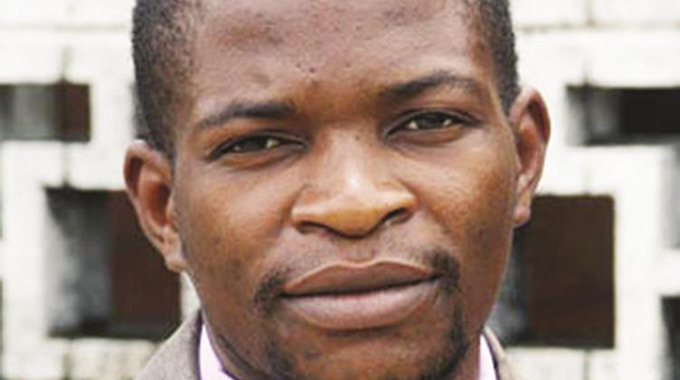Mental Health: A growing yet forgotten burden

Mirirai Nsingo
Davison Sibanda has lived with a mental health illness for more than four decades, fortunately he comes from a supportive family that understands his condition. As a result, throughout his illness, he has remained under the safety of a stable family unit save for the period he spent at Ingutsheni Psychiatric Hospital in Bulawayo during the early years of his illness.
The 59-year-old from Mazhou Village under Chief Silomonye in Zvishavane, Midlands takes daily medication (Chlorpromazine) and a monthly injection (Fluphenezine deconoate).
The medication keeps him stable yet if he misses any of his medication, his condition deteriorates and sometimes he gets violent. Medication has kept him stable over the years yet the same critical medication has been in erratic supply for years now.
He is due for his February injection and his family is anxious as they are frantically trying to raise money to buy the injection. The fluphenezine deconoate injection costs $36 or US$10.
Despite the enactment of the Mental Health Act in 1996, the Mental Health Policy in 2004 whose major aim is to harmonise mental health activities and improve quality of care for those living with mental disorders, Davison over the years has been struggling to access the quality health care services as supply of medication has been erratic.
“For years now, the nearest local clinic — Lundi Clinic where he used to collect his Chlorpromazine (CPZ) for a month supply has not had the medication and even the district hospital, Zvishavane has not been able to give him neither his monthly supply of medication nor the injection.
“So we buy both CPZ and FD injection. He is due for his monthly injection and we need at least $36 for a single dose and $20 for his tablets,” said Davison’s sister.
The sister adds that if he does not adhere to his medication, his condition deteriorates and he can be very violent while he is a stable patient when he has medication.
“He should be getting the medication for free at the hospital and that used to be the situation some few years ago but for some time now, we have had to buy his medication. It is never easy given the economic environment but what option do we have? We have to raise money make sure he gets his medication, which is the only way to manage his condition.
“If he misses medication he can be very violent but when he has his medication, if one doesn’t know, you can never tell that he has a severe mental challenge.
“He is family and we are really proud that we have not neglected him despite the mental condition. All those people with mental challenges you see in the streets have family or relatives but it all goes back to attitudes of their families.
“There is so much stigma associated with mental conditions in Zimbabwe coupled with lack of adequate health care services for mental illness and because of this, mental illness patients continue to suffer in isolation. Just like any other patients, mental illness patients can do better with support from family,” she added.
Davison’s plight mirrors that of the more than 1,3 million people in Zimbabwe living with mental illness. While Davison has support of family who have made sure that he has medication all the time, which has not been the case for the majority of mental health patients across the country.
Despite the growing numbers over the years of people affected with mental illness, mental health services, including drugs, remain in dire shortage across the country with mental health drugs such as Fluphenezine deconoate (FD) and Chlorpromazine (CPZ) constantly in short supply.
In the absence of medication, some mental health patients have committed heinous crimes due to their deteriorating health state.
Deputy Director for non-communicable diseases in the Ministry of Health and Child Care, Dr Justin Mudavanhu bemoaned the lack of funding for mental health services adding that the burden was rising in Zimbabwe yet not much attention has been given to mental health.
According to a Ministry and Child Care 2017 report, 154 745 cases of mental illness were recorded in 2017 with Dr Mudavanhu arguing that the numbers could be even higher as not all cases were reported given the stigma associated with mental illness.
“There is a growing burden of mental illness in Zimbabwe and it is unfortunate that funding for this condition is not available at the face of a growing burden.
“Apart from funding challenges, stigma remains one of the obstacles that hinder those with mental illness to accessing care. Families have a role to play in supporting the affected to reduce the condition from escalating.”
Indications are that Zimbabweans, who suffer from mental health illnesses, are not accessing health facilities or shy away due to the stigmas associated with the health conditions
A World Health Organisation report on mental health and development highlights the lack of appropriate attention to mental health while calling on governments and development actors to reach out to people with mental disorders in the design of strategies and programmes using a multi-sectorial approach that include those people in education, employment, health, social protection and poverty reduction policies.
It is never easy given the economic environment but what option do we have








Comments